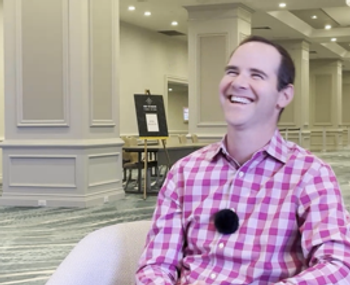Neurodiversity as a Strength-Based Psychiatry
It’s time to take a closer look at neurodiversity.
PSYCHIATRIC VIEWS ON THE DAILY NEWS
Diversity in society can take on different forms. Besides race, gender, and age, neurodiversity has been receiving more attention, including on a major psychiatrist list-serve. It refers to whether certain neurological differences reflect normal variations in brain development or are signifiers of pathological disorders. The term has been most applied to the autism spectrum, but also to attention-deficit/hyperactivity disorder and other developmental disorders.
A book in press by the writer Marianne Elise, titled Obsessive, Intrusive, Magical Thinking, expands the concept to obsessions, as well as seasonal affective disorders and eating disorders. How well these variations are accepted by society makes a big difference. Certainly, over recent years we have seen beneficial changes in society’s response to the autism spectrum, with more individuals recognizing the technical skills many have. In other words, there is an emphasis on strengths rather than just weaknesses.
For many years, I advocated for strengths to be a required item on any evaluation process and form. Doing so seemed to soften the stigma of mental illness and inspire more hopefulness and self-esteem.
Perhaps the answer is not an either-or situation. It can be both. Brain variations can be different enough in certain ways that it causes undue personal suffering and poor functioning. However, most any differences can potentially have positive ramifications if supported by society. The key is to evaluate both personal strengths and weaknesses, and work to decrease our weaknesses and maximize our strengths, a process relevant for us all.
Dr Moffic is an award-winning psychiatrist who has specialized in the cultural and ethical aspects of psychiatry. A prolific writer and speaker, he received the one-time designation of Hero of Public Psychiatry from the Assembly of the American Psychiatric Association in 2002. He is an advocate for mental health issues relate to climate instability, burnout, Islamophobia, and anti-Semitism for a better world. He serves on the Editorial Board of Psychiatric Times™.
Newsletter
Receive trusted psychiatric news, expert analysis, and clinical insights — subscribe today to support your practice and your patients.








